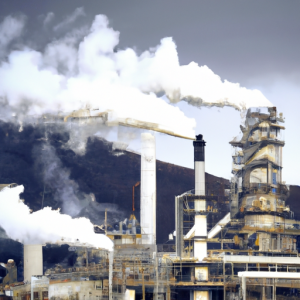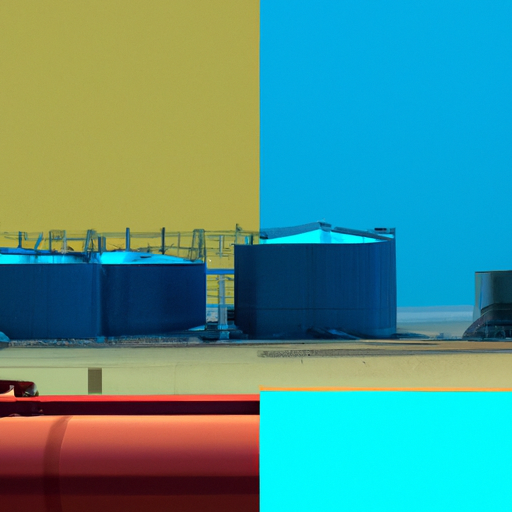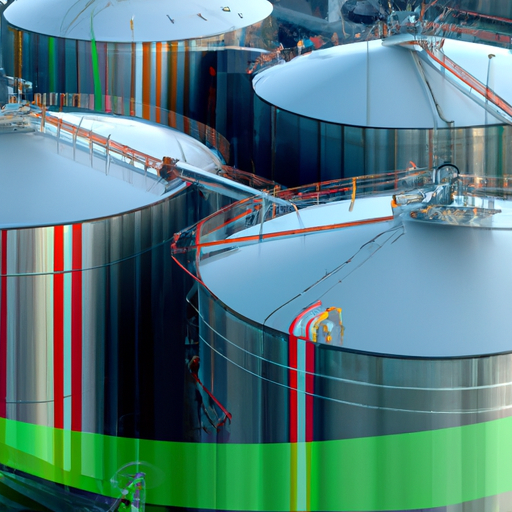The Impact of Regional Regulations on Petrochemical Product Quality
Petrochemical products quality in different regions, These products are an essential part of our daily lives, from the plastic packaging of our food to the fuel that powers our vehicles. These products are derived from petroleum, a non-renewable resource, and their production and use have a significant impact on the environment. As such, it is crucial to ensure that the quality of petrochemical products meets certain standards to minimize their negative effects. However, the quality of these products can vary depending on the region in which they are produced, due to differences in regulations and standards. In this article, we will explore the impact of regional regulations on petrochemical product quality.
One of the main factors that affect the quality of petrochemical products is the regulations set by different regions. These regulations aim to ensure that the production and use of petrochemical products are safe for both human health and the environment. However, these regulations can vary significantly from one region to another. For instance, the European Union has strict regulations on the use of certain chemicals in petrochemical products, while other regions may have more relaxed standards. This difference in regulations can result in variations in the quality of petrochemical products.
One of the most significant impacts of regional regulations on petrochemical product quality is seen in the production process. The production of petrochemical products involves complex chemical reactions that require precise control and monitoring to ensure the desired quality. However, the regulations in different regions may require different levels of control and monitoring, leading to variations in the final product. For example, some regions may have stricter regulations on the use of certain additives, resulting in a higher quality product, while others may allow for more leniency, leading to a lower quality product.

Moreover, regional regulations can also affect the quality of petrochemical products through their impact on the supply chain. The supply chain for petrochemical products involves various stages, from the extraction of crude oil to the production of the final product. Each stage is subject to different regulations, and any discrepancies in these regulations can affect the overall quality of the product. For instance, if the regulations for the transportation of crude oil are not strictly enforced in a particular region, it can lead to contamination of the oil, resulting in lower quality petrochemical products.
In addition to production and supply chain factors, regional regulations can also impact the quality of petrochemical products through their impact on waste management. The production of petrochemical products generates a significant amount of waste, which must be disposed of safely to prevent harm to the environment. However, the regulations for waste management can vary from one region to another, leading to differences in the disposal methods used. Improper waste management can result in the release of harmful chemicals into the environment, affecting the quality of petrochemical products.
Furthermore, regional regulations can also affect the quality of petrochemical products through their impact on research and development. The development of new and improved petrochemical products requires significant investments in research and development. However, the regulations in different regions can affect the availability of resources for such investments. For example, regions with stricter regulations may have higher costs for research and development, resulting in a slower pace of innovation and potentially lower quality products.
In conclusion, regional regulations have a significant impact on the quality of petrochemical products. These regulations can affect various aspects of production, supply chain, waste management, and research and development, leading to variations in the final product. As such, it is crucial for regions to work together to establish consistent and stringent regulations to ensure the highest quality of petrochemical products. Only through such collaboration can we minimize the negative impact of these products on our health and the environment.




